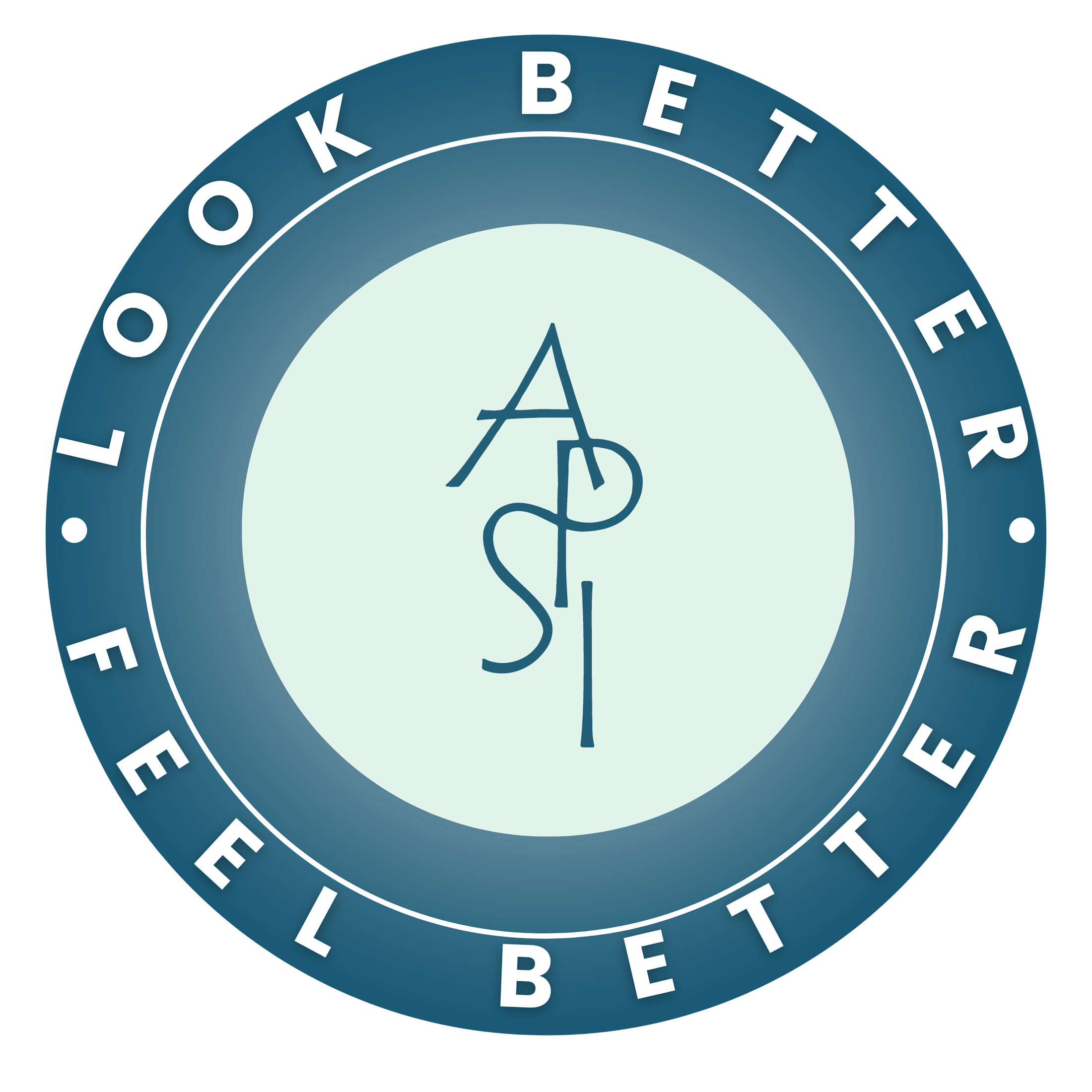For those who make New Year’s resolutions, weight loss or healthier eating is typically ranked highly among them. In our specialty of plastic surgery, attaining a healthy weight increases the success and reduces the risk of complications in both our cosmetic and reconstructive patients.
What is a healthy weight to undergo elective plastic surgery?
Plastic surgeons vary in their personal guidelines on their highest threshold for weight and/or BMI of a potential patient to make them good candidates for surgery. In general, we want people to have less than a BMI of 30 and be within 10 lbs of their goal weight before having a cosmetic procedure such as a tummy tuck. Exceptions are sometimes made for people who are very young, have no chronic health issues, and are otherwise at low risk for complications and who have reached a firm plateau in their ability to lose weight.
What happens if you lose weight following a body contouring procedure such as a breast lift, tummy tuck, or even a facelift? If you were ever pregnant or lost a good deal of weight in the past, what happened? With a decent weight loss, one always loses body fat. With that loss of body fat comes a deflation of the skin. If your skin is young and has fantastic tone, it may recover fairly well from the experience. If your skin tone has been lost (with prior weight fluctuations, repeated pregnancies, increasing age, poorer genetics, or long term environmental abuse in the form of sun/smoke/etc), then the skin may not have the ability to rescue itself from draping in a more loose form. You can lose the tightness of your original result. So, do yourself a grand favor and lose the weight first and ensure that you can control future weight gain.
If one of your main resolutions is weight loss, make it a priority. Don’t overload yourself with 20 difficult resolutions. Keep things simple and specific. Your weight loss goal should be specific but also attainable. We’ve all had patients who are in their 50s and voice a desire to weigh what they did when they were 18. It isn’t a sustainable goal for most adults. Aim for something healthy and a weight that doesn’t seem impossible.
We have actually seen the occasional patient in denial. Get online and calculate your BMI (body mass index). Some patients do not recognize that they are overweight or obese. Big bones and muscular build does not make a high BMI normal. Some blame a BMI of 35 or even 40 or higher on pure genetics and ultimately are not taking responsibility. Research shows that genetics probably only really plays a role in about 9-10% of obese patients. And, those folks really have to pay attention to diet even more than others. Their struggle is greater but they must diet to try to attain a reasonable measure of health.
Know yourself and follow what works for you. Some folks need significant help and they initially need someone telling them what to eat. We refer those potential patients to our clinic nurse who educates and follows them through The Ideal Protein diet that we offer. Other folks would prefer a nutritionist. These avenues can educate and teach people how to eat and the initial weight loss can be rapid which is shown to incentivize people to continue.
Willpower is an oxymoron. Everyone has some, but it isn’t very powerful. Studies have shown that people have very little willpower when they are tired, overworked, and hungry. Starvation does not help anyone. That is not the way to diet.
Research has shown that people need a plan. They need to include fat in their diet. They need to watch their sugar intake (a bad by-product of the fat free foods market hype was vastly increasing our sugar intake). People need to watch out for the words ‘healthy’ and ‘whole grains’ which are printed on various obviously processed food products. In general, the diet foods are not what you should be buying. Think true whole foods. Avoid soda altogether (diet or otherwise, both linked to diabetes and weight gain). If you do nothing else, at least do yourself and loved ones this favor. Don’t drink your calories- orange juice may be packed with vitamins but any juice is loaded with sugars and calories and do not tend to satisfy us. Most healthy adults who are eating a broad diet will get enough vitamins. Your body tends to excrete the excess. Protein and healthy sources of fat are so important!
Exercise is important, but for most adults, it won’t bring ultimate weight loss success unless the diet is changed. We have all had patients unhappy with their exercise plan’s outcome. They lost a bit of weight, got more tone, and generally had more energy and stamina, but that was it! The problem- they were sometimes increasing their load of drinks to stay hydrated spiking their appetite after workouts, performing the same boring workouts daily that their bodies became conditioned to, and/or didn’t change their base diet much if at all. Exercise is necessary for health but is not always key to weight loss. Sobering, but true.
What to do? Find some resources to retrain yourself on what to eat and how to shop for it. Do some internet searches on whole foods and recipes. Enroll in a free online food diary and calorie counter to identify what you are doing right and wrong. Calorie counting endlessly is not the answer because it is not sustainable, but doing it for a few weeks can illuminate your weak spots in your diet. Minimize eating out for meals. Do not purchase and keep food in your house that are poor choices. Your willpower will let you down at some point and it is always easier to indulge when it is sitting in your pantry. People are truly addicted to sugar. If it’s there, that addiction will betray you. Have your intervention and get your support group together, namely your spouse or significant other.
Weight loss success is not half-baked. It takes time, organization, and diligent effort. It is an overhaul in eating habits.
You may hope to someday be fit enough to have an excellent outcome from a tummy tuck or other body contouring procedure. And, think of all of the wonderful health benefits from attaining your goal weight. All surgeons hope to offer safe and effective surgery for their patients with long lasting success. Help us get you there and good luck with that toughest of New Year’s resolutions!
Author credit: Lauren Crawford, MD APSI Suggestion If you would like to take control of your diet, we suggest trying Ideal Protein. Call us for more information or visit www.idealprotein.com


